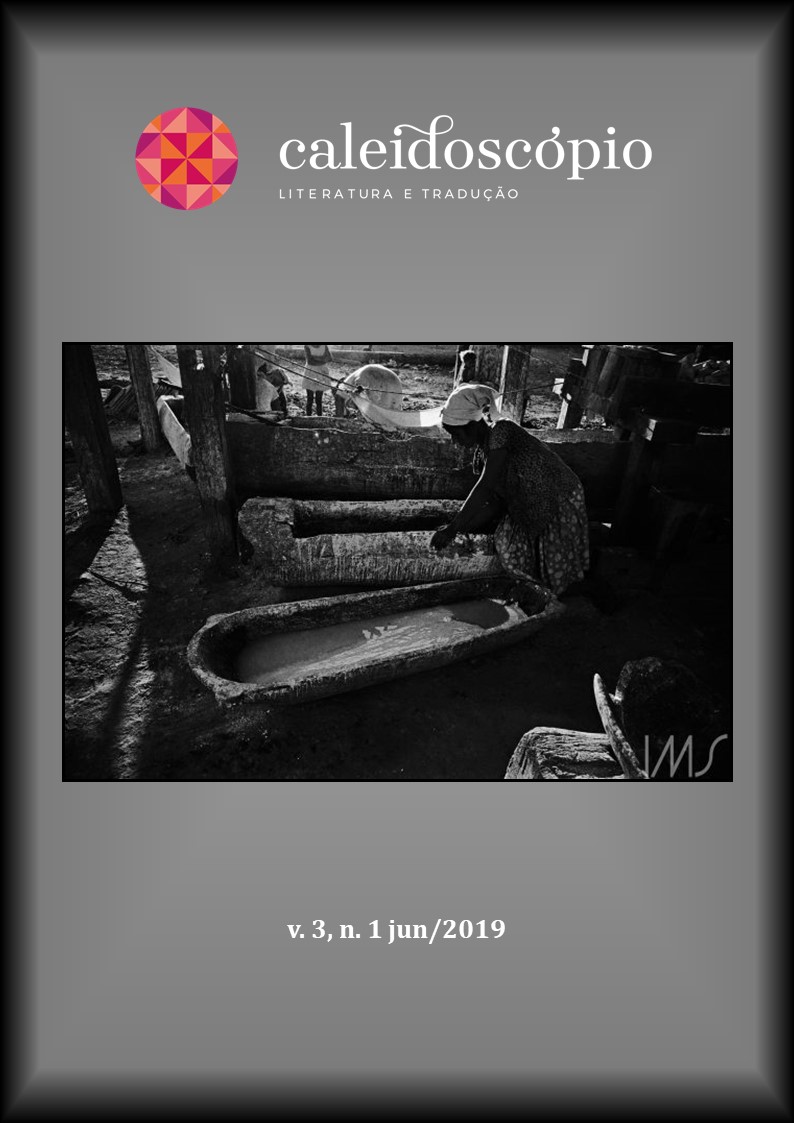Alcançando um público estrangeiro
Transferências culturais em tradução audiovisual
DOI:
https://doi.org/10.26512/caleidoscopio.v3i1.23830Keywords:
Tradução audiovisual. Transferência cultural. Referências culturais. Estrangeirização. Domesticação.Abstract
This paper examines some of the issues involved in the intercultural transfer of films. It focuses on the translation of culture-specific references and questions in particular the validity of the notions of foreignisation and domestication, brought to the fore of Translation Studies by Venuti (1995), as a conceptual framework traditionally used to discuss the strategies applied when translating cultural specifics. Drawing on the findings of a pilot study consisting of three French films dubbed and subtitled into English, this paper suggests a theoretical challenge by proposing a more pragmatic approach to the study of cultural transfer in audiovisual translation (AVT). More particularly, it will examine whether it is possible to observe any form of consistency in the strategies used for the translation of culturally-bound references and what this implies for the dialogic relationship between Self and Other, and the representation of alterity.
Downloads
Downloads
Published
How to Cite
Issue
Section
License
Copyright Notice
- Authors retain copyright and grant the journal right of first publication with the work simultaneously licensed under a Creative Commons Attribution License that allows others to share the work with an acknowledgement of the work's authorship and initial publication in this journal.
- Authors are able to enter into separate, additional contractual arrangements for the non-exclusive distribution of the journal's published version of the work (e.g., post it to an institutional repository or publish it in a book), with an acknowledgement of its initial publication in this journal.
- Authors are permitted and encouraged to post their work online (e.g., in institutional repositories or on their website) prior to and during the submission process, as it can lead to productive exchanges, as well as earlier and greater citation of published work (See The Effect of Open Access).




.png)
